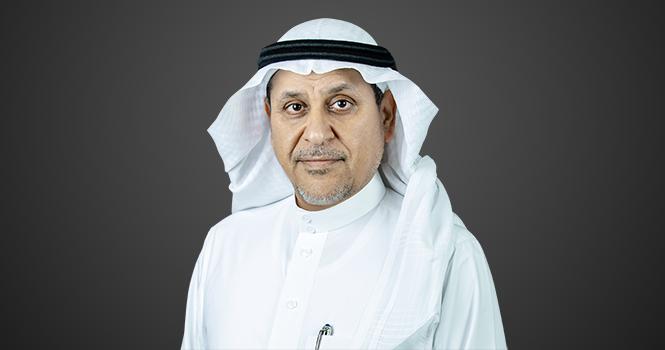
RCJY says every riyal invested matched by SAR 8.9 from private sector
The president of the Royal Commission for Jubail and Yanbu (RCJY), Khalid Al-Salem, said that every riyal invested by the government through the commission was matched by SAR 8.9 investments from the private sector.
Al-Salem indicated that the commission plans to reach SAR 9 in 2024.
The value of investments amounted to SAR 225 billion over the past 50 years, SAR 90 billion of which were operational investments for operating cities and the rest was capital investments, Al-Salem explained, in Al-Liwan program, adding that the investments achieved a return worth SAR 1.2 trillion.
The official pointed out that RCJY owns 541 factories, compared to more than 11,000 factories in Saudi Arabia, all of which are factories with billion-dollar investments that have a significant impact. There are 150 major factories, while the rest are medium including Al-Razi, Yansab, and Crystal factories affiliated to Tasnee, Sipchem, and Saudi Chevron Phillips (SCP).
These factories produce 500 million tons annually, of which 181 million tons are exported and the rest is used internally in other industries, he indicated, noting that 40% to 50% of non-oil exports come from these factories, about SAR 190 billion of non-oil exports.
He stated that the commission did not aim to attract transformative industries, but rather focused on basic industries. However, after its strategic transformation, the commission moved towards transformative industries and supporting small industries and entrepreneurs, Al-Salem highlighted, indicating that such industries increased by 11% during 2023, while light industries increased by 77%.
RCJY manages four industrial zones: Yanbu, Jubail, Jazan, and Ras Al-Khair, with no plans to add a fifth zone. He indicated that the commission also has four affiliated ports, and there have been discussions about transferring ownership of the ports to the Public Investment Fund (PIF) or the commission. There is a preliminary agreement to transfer these ports to RCJY, provided that it focuses on industries only.
Meanwhile, Jazan region includes 11 factories, and RCJY plans to make it a model for Jubail and Yanbu. It encompasses an Aramco refinery that is considered the core of the region. There is also an iron and titanium factory as well as a sugar factory under construction. RCJY also developed a port in Jazan, which contributed to attracting Chinese industries due to the proximity of raw materials from Africa as well as export regions.
Al-Salem pointed out that there is a special economic zone in Jazan that focuses on food and mining industries and quality logistics services, in addition to another zone in Ras Al-Khair specializing in shipbuilding.
The industrial strategy identified 12 sectors to focus on, several of which are already present in the commission. Al-Salem aspires to expand and increase production capacity to enable other industries such as the automotive industry.
He pointed out that the RCJY’s 2040 strategy aims to double investment from SAR 1.4 trillion to SAR 2.8 trillion, expecting to achieve this before 2040 in light of the current investments.
He noted that RCJY is currently studying investments worth SAR 300 billion, of which SAR 100 billion are almost complete. These diverse investments are from various countries such as China and America, including an aluminum factory worth SAR 38 billion in Yanbu, and a plastics factory worth SAR 27 billion in Jubail among others.



























